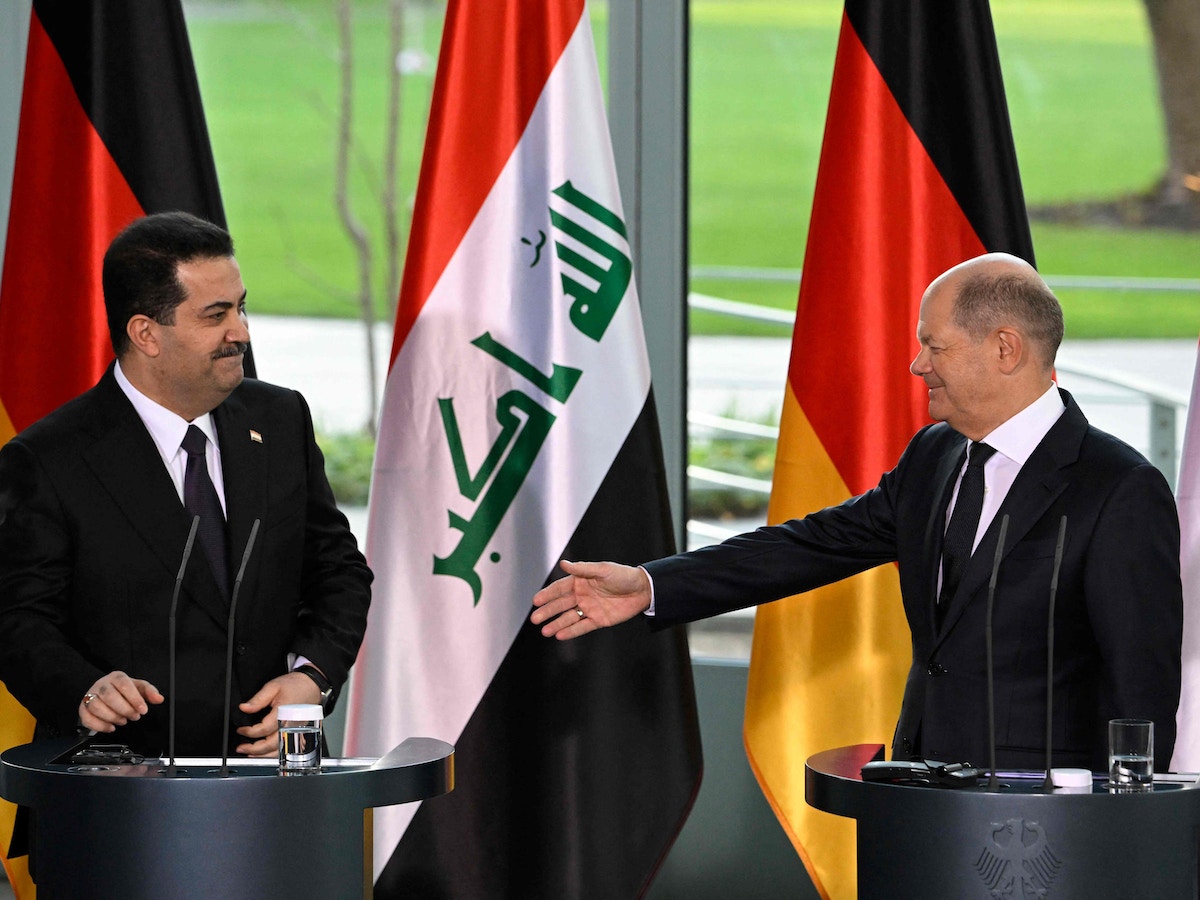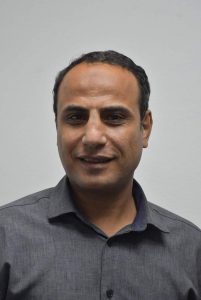Iraqi German relations have recently received a boost as Iraqi Prime Minister Mohamed Shia al- Sudany visited Berlin last January. During the visit high level talks were held with Chancellor Olaf Scholtz and a number of German corporations in the Energy and Electricity sector. Iraq is trying to find a solution to its energy crisis, as it is unable to meet increasing demand as a result of the loss of infrastructure. Germany, and Europe as a whole, are also seeking alternatives to Russian energy. This gives both Iraq and Germany a strong incentive to strengthen bilateral relations.
The Iraqi Prime Minister expressed his appreciation for the support given by Germany during Iraq’s fight against IS, which included training, logistical support, intelligence sharing and military advice to Iraq’s forces that were fighting IS. Chancellor Scholtz declared that trade between both countries would witness an increase during the coming period, as Germany hopes to increase its energy imports from Iraq. The Iraqi Prime Minister also called on German companies to increase their investments in Iraq, especially the energy sector , as Iraq needs to German companies to help it build new power stations and upgrade existing ones due to their extensive experience.
Both countries are seeking to achieve a number of stated goals in advancing their bilateral relations, most important of which are:
Cooperation in electricity sector: The Iraqi government wants to expand its cooperation with German companies to raise its generation of electric power to cover the massive shortages it is suffering from. This particular issue is of central importance to Iraqis, and was a rallying point of protests in Iraq over the last 3 years, especially those that erupted in October 2019.
The Iraqi government wishes to bring back online power plants that shut down as a result of the conflict with ISIS since 2014, as well as to build new power stations that can absorb any new demand for energy in Iraq.
Support in the fight against Terrorism: Although Iraq declared victory over ISIS in December 2017, and has dealt the organization significant blows, yet there is still danger of ISIS cells launching new attacks inside Iraq. The Iraqi government continues to seek the support of international partners, such as Germany which has previously provided support, in this respect.
Attracting German FDI: The Iraqi Prime Minister wishes to encourage German investments in Iraq, particularly by German power companies. Iraq seeks to benefit from the technological know how and expertise of these companies in the fields of generation , as well as the fields of artificial intelligence and agriculture.
Iraqi officials signed a deal in January with Siemens to help upgrade Iraq’s infrastructure. The deal, worth billions of dollars, includes building and upgrading a number of power stations, in order to produce 6 Gigawatts of electricity. The deal also includes building power lines and conducting maintenance operations.
The Iraqi Prime Minister expressed his confidence in German companies, and his government’s intension to increase their level of participation in reconstruction efforts, as well as the upgrade of the infrastructure in Iraq.
Agreements to Import Iraqi Gas: Germany is seeking to strengthen its relations with several oil and gas producing countries in the Middle East, including Iraq, as part of its strategy to diversify its sources of energy . The German Chancellor Scholtz has noted that Germany is already underway to conclude a deal with Iraq to import natural gas.
Engaging with Middle East issues: Germany appears interested in upping its engagement, along with several other international powers, in resolving the various crises of the Middle East, due to its perception that they inevitably have a negative impact on Europe, such as the influx of refugees and increased activities by terrorist groups.
Thus Iraq and Germany both have an interest in strengthening their bilateral relations to achieve mutual interests, which include containing the fallout from the Russian – Ukrainian war, and escalating tension between Iran and the West as well as its regional neighbors. Most importantly for Iraq, this cooperation can help it overcome the devastating impact of prolonged conflict on vital infrastructure.


